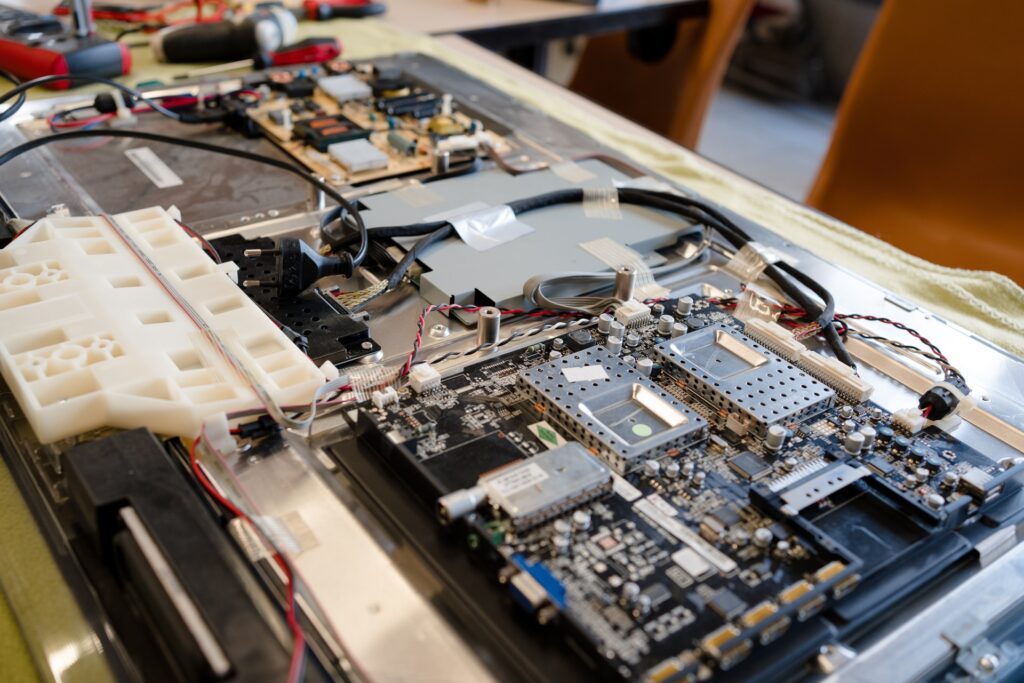The global information technology (IT) industry is expected to reach $9 trillion in 2022.
IT is a massive and complicated industry. It is made up of constantly evolving equipment, software, personnel, and other components. When it comes to upgrading your IT, knowing the difference between refurbished and pre-owned equipment is critical.
Used or refurbished network equipment is suitable for both new and established businesses. Some businesses associate refurbished and used with untrustworthy or faulty equipment. We’ll explain why that line of thought is incorrect.
Continue reading to learn more about the advantages of buying refurbished.

Accessing a Better Technology
Some business owners believe that used and refurbished network equipment is defective. Indeed, many businesses offload reliable and even new IT. Companies sell perfectly good IT equipment for a variety of reasons, including:
- generating a small profit from excess
- Service level agreements are contracts with suppliers that require new equipment.
- The nature of some businesses necessitates the use of cutting-edge technology.
- Some businesses simply have larger budgets that must be spent.
This used equipment frequently comes with a warranty. If it doesn’t, used equipment allows you to get great technology at a lower cost.
Accessing Hard to find Technology
Older equipment can still be useful. Especially if you have a tried-and-true piece of technology that you cannot bear the thought of parting with.
In such cases, having a spare and replacement part on hand can be useful. The vast majority of parts in used and refurbished equipment are 100% salvageable.
You can avoid costly downtime by keeping outdated equipment on hand. You won’t have to go looking for a difficult-to-find part.
Parts will also be cheaper. This is due to the higher cost of harder-to-find parts.
Because supply does not meet demand, you must pay a premium for used parts. Having those on hand will save you from having to pay exorbitant prices when something breaks.
Spend less money
Both new and existing firms might benefit from purchasing used rather than reconditioned equipment. Buying used can be advantageous for businesses of all sizes.
Used IT equipment is undoubtedly the most economical choice and a terrific method to keep your expenditures low. You have access to both excellent and difficult-to-find things when you buy used IT.
This makes purchasing refurbished and secondhand network equipment a wiser choice than brand-new equipment. And that’s especially true if you’re experimenting with a novel technology that hasn’t yet established itself.
Purchasing new doesn’t just include paying more for your goods. All of the unnoticed hidden costs are included in the price of new equipment. This comprises the salary that the manufacturer pays its employees as well as the costs of materials, production, research, and development.
These expenses are already covered when looking at refurbished and used equipment, and there may even be room for price negotiation. For some of the most affordable deals on IT hardware.
Convenience
It can be difficult to deal with large, expensive new equipment orders. Refurbished and used network equipment is far more practical, whether purchasing online or straight from a supplier.
Because of the high administrative costs, many IT equipment sellers don’t stock or carry the equipment they sell. As an alternative, they order your equipment from a different supplier, who sends it to them first before sending it to you. This may result in significant delays in setting up your IT infrastructure.
However, by their very nature, used and reconditioned equipment is stocked by the providers. You won’t have to worry about delays as a result. In many instances, you can choose to have the item delivered right to your door for the most practical alternative.


